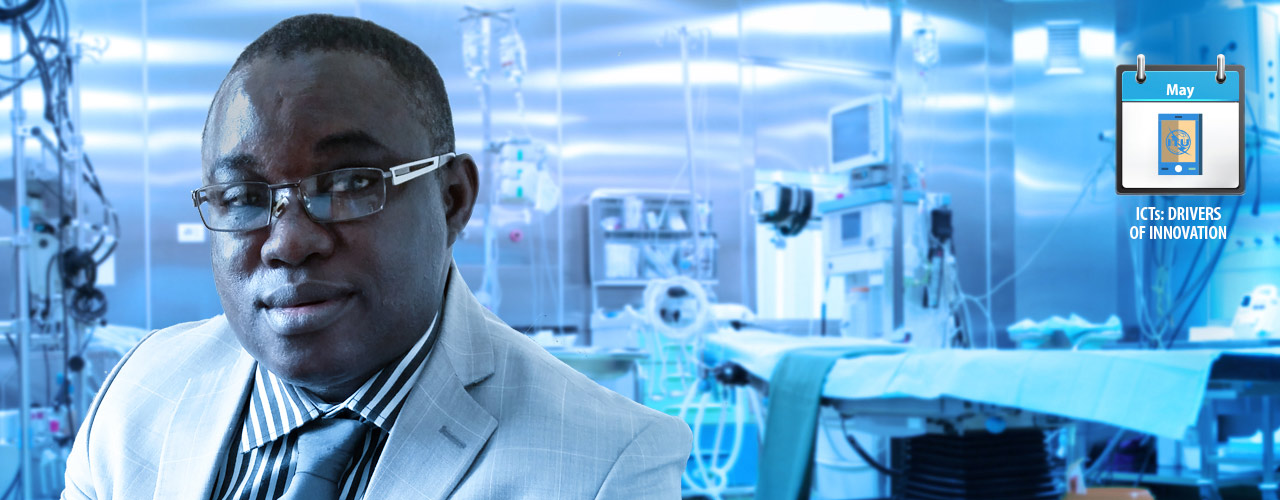Innovating with Baye: Can ICTs transform access to healthcare?
It is predicted that by 2030, 366 million people will be living with diabetes worldwide. Baye Oumar Gueye explains how mobile health solutions have revolutionized access to healthcare for diabetics in Senegal, and what this means for the treatment of NCDs around the world.
I have lived what many people would consider to be an active life: I have had a great education, travelled around the world, and had a successful and exciting career. But at the age of seven, I was diagnosed with diabetes.
Managed properly, the disease does not tend to affect my day-to-day life. I completed two degrees at university, studying my Bachelors in Philosophy, followed by a Masters in Human Resource Management at Bordeaux Ecole de Management (BEM). I then worked my way up the ladder at
While it is true that diabetes radically alters your lifestyle – ensuring that your insulin levels are within a safe range throughout the day and closely monitoring your diet and exercise – managed properly and effectively, you can live a full and healthy life. Yet, this depends on receiving the right information for best practice, something that is not always easy to obtain in areas where medical services are hard to reach or under-served. ICTs are the most effective means to achieving the effective dissemination of information; today, mobile phones have a global reach of nearly 7 billion subscriptions, 3 billion people have access to the Internet and radios are near ubiquitous. Tapping into these services can provide direct, low-cost, engaging and innovative solutions to accessing healthcare for those suffering from this lifelong disease.
This innovative use of technology reminds me of a quote from my favourite philosopher, Karl Marx, “until now, philosophers have only interpreted the world in various ways; now is the time to transform it.” ICTs have the ability to dramatically improve the quality of life of people living with diabetes and non-communicable diseases (NCDs) more widely, such as cardiovascular diseases, cancer, and kidney disease. 38 million deaths were caused by NCDs in 2012. The World Health Organization (WHO) estimate that 80 per cent of premature heart disease, stroke and diabetes can be prevented; we must work to deploy mobile technologies to ensure that common modifiable risk factors such as tobacco use, unhealthy diets, raised blood pressure and blood sugar, are reduced.

